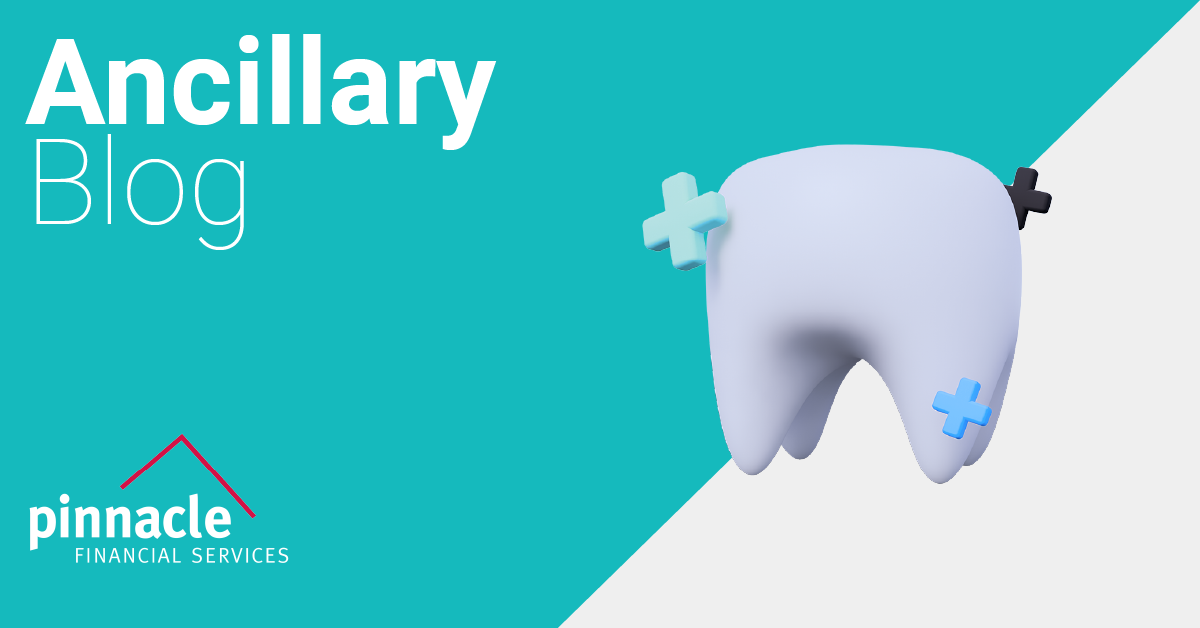Value Based Care

Fee-Based vs. Value-Based Care: Navigating the Future of Healthcare
As healthcare systems strive to improve patient outcomes and reduce costs, the shift from fee-based to value-based care is gaining momentum. Both models have distinct approaches to healthcare delivery, and understanding their differences is essential for patients, providers, and policymakers alike.
Fee-Based Care
Fee-based care, which is also known as the fee-for-service model, is the traditional approach to healthcare where providers are reimbursed for each service rendered. This payment structure incentivizes a high volume of services, but may not necessarily promote quality care. While the fee-for-service model offers patients flexibility in choosing providers and services, it can also lead to fragmented care, overutilization of services, and increased healthcare costs.
The impact of fee-based care on patient outcomes can be mixed. On one hand, providers are motivated to offer a wide range of services to generate revenue. On the other hand, this model may not prioritize preventive care or long-term patient health, resulting in less-than-optimal outcomes. Financially, fee-based care can burden both patients and healthcare providers, with patients facing high out-of-pocket expenses and providers facing financial pressures to increase service volume.
Value-Based Care
Value-based care is an alternative healthcare model that focuses on improving patient outcomes while reducing costs. In this model, providers are rewarded based on the quality and efficiency of care they deliver, rather than the quantity of services provided. The primary goal of value-based care is to promote a more patient-centered approach, emphasizing prevention, care coordination, and long-term health management.
In terms of patient care and outcomes, value-based care incentivizes providers to focus on delivering high-quality care that leads to better health results. By tying reimbursements to performance metrics such as reduced hospital readmissions and improved patient satisfaction, value-based care encourages providers to prioritize preventive care and effective treatment plans. Financially, this model has the potential to lower healthcare costs for patients and providers by emphasizing cost-effective care delivery and reducing the need for unnecessary or redundant services.
Comparing Fee-Based and Value-Based Care
The differences in care delivery and patient experience between fee-based and value-based care are significant. While fee-for-service models may offer more flexibility in provider choice, they often lack continuity of care and fail to prioritize patient engagement. In contrast, value-based care models foster stronger patient-provider relationships and emphasize patient satisfaction, leading to better overall health outcomes.
The impact on healthcare costs is another key distinction between the two models. Although transitioning to value-based care may require initial investments in infrastructure and care coordination, the long-term cost savings and improved patient outcomes can outweigh these expenses. By promoting cost-effective healthcare delivery, value-based care has the potential to benefit both patients and providers financially.
Where does Pinnacle Financial Services come in?
The key differences between fee-based and value-based care lie in their approach to healthcare delivery, their impact on patient care and outcomes, and their financial implications for patients and providers. As the healthcare landscape continues to evolve, the shift toward value-based care models will play a critical role in achieving improved patient outcomes and cost efficiency. Pinnacle Financial Services is a full-service “FMO” that is dedicated to helping agents across the country navigate through the future of healthcare. Give us a call today for more information on key regulatory changes that could affect your business!





